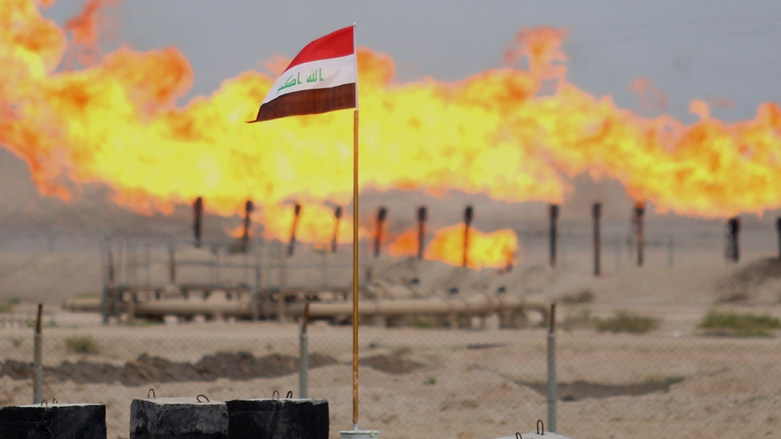Iraq's financial revenues surpass 106 trillion IQD over 10 months

Shafaq News / The Ministry of Finance disclosed on Monday that Iraq's revenue in the federal budget surpassed 106 trillion dinars over ten months, confirming a rise in oil contributions to the budget to 95%. However, an economic expert cautioned against the country's continued dependence on oil in its general budget.
According to data released by the Ministry of Finance in December for the calculations spanning ten months of the current fiscal year, oil revenues remain the primary resource for Iraq's general budget, reaching 95%. This indicates that the country's economy heavily relies on oil revenues, forming the foundation of the national budget.
Financial reports indicated that total revenues until October amounted to 106,843,096,310,000 dinars, excluding transfer revenues totaling 1,676,486,640,000 dinars. The total expenditures, including advances, reached 84,454,214,761,000 dinars.
Furthermore, oil revenues accounted for 101,940,380,000,000 dinars, constituting 95% of the general budget. Conversely, non-oil revenues reached 5, 477,559,979,000 dinars.
On the other hand, economic expert Mohammed Al-Hasani warned against "Iraq's persistent reliance solely on oil in its general budget," citing the volatility of global oil prices. He pointed out that "oil prices dropped from $90 to $70 per barrel, significantly affecting Iraq's overall budget."
He further remarked, "Iraq has failed to diversify its other economic sectors despite financial surpluses," highlighting that "these surpluses were used in operational rather than investment expenditures."
Earlier in March 2021, Prime Minister's financial affairs advisor Mudhhir Mohammad Saleh emphasized that the persisting reliance on oil as the sole source for the general budget stemmed from wars, economic blockades in past eras, and current political conflicts. This has led to a dispersion of economic resources.
Continued dependence on oil as Iraq's sole budget source places the country at risk during global crises that periodically impact oil, prompting Iraq to address deficits by borrowing domestically or internationally, emphasizing the challenges in effectively managing state funds and the inability to find alternative financial solutions.





